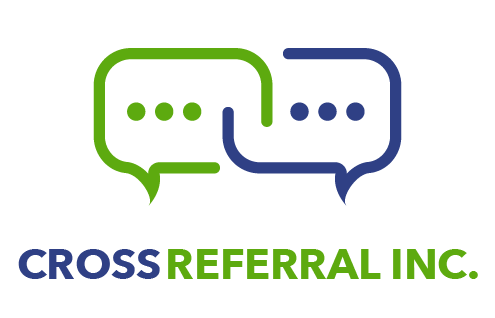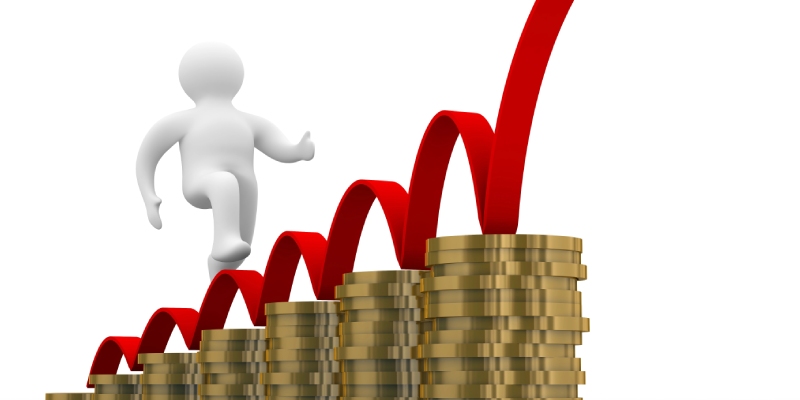
Habits That Help Improve Your Relationship With Money
Money is a means that makes it easier for us to cover our needs and desires, for this reason it is important to improve the relationship with this resource. The way we relate to it depends on several factors: education, beliefs, emotions and experiences.
When we have a negative relationship with money, we tend to sabotage the possibility of generating more income, saving, investing or spending intelligently. On the contrary, when we have a positive relationship with money, we value it, we are grateful for it and we use it consciously and responsibly.
In this blog we are going to tell you some practices that can help you transform your perspective and behavior regarding this valuable resource.
What is the relationship with money?
To strengthen this link it is necessary to review how we behave with money. It is important to incorporate some practices that facilitate the transformation of our perspective and actions.
Some of these habits are:
1. Recognize and change your limiting beliefs about money
All people have different perceptions about money, which we build from childhood through our experiences. These beliefs can be positive or negative and influence how we think, feel and act regarding money. Below we will show some limitations in this regard:
• Money is bad or dirty
• Money does not bring happiness
• Money is scarce and difficult to get
• Only the rich and the corrupt have money
• Money makes me lose my essence or my values
The above makes it difficult to maintain a balanced relationship with money, generating guilt, fear, resentment or jealousy. To transform them, it is necessary to identify them, analyze them and replace them with more constructive perspectives.
2. Establish clear and realistic objectives
Another habit that helps us improve our relationship with money is to have clear and realistic financial objectives. These objectives allow us to have a vision of what we want to achieve, how we are going to do it and in what time frame.
The objectives can be short, medium or long term and must be specific, measurable, attainable, relevant and temporary. For example:
• Pay off all my debts in 3 years
• Invest 5000 euros in my own business
• Save 1000 euros in 6 months to go on vacation
With clear goals we are better prepared to take advantage of the financial opportunities that come our way. This generates economic stability and prosperity.
3. Keep track of your income and expenses
Once we are aware of where every penny goes, we can question whether certain expenses actually add value to our lives or if they are just ingrained habits that do not benefit us.
When we analyze finances, this allows us to anticipate and plan better.
Be thankful for the money you have and the money you receive
A habit to improve this relationship is to be thankful for the money we have and the money we receive. Gratitude is an action that makes us feel good and connects us with abundance and opens us up to receiving more.
4. Educate your financial mind
One of the habits to improve the relationship with money is to strengthen financial education. This involves expanding skills and perspectives on money, finances and the economy.
By enhancing knowledge about money, we learn to manage income and expenses, and invest and move towards financial freedom. (SG)

